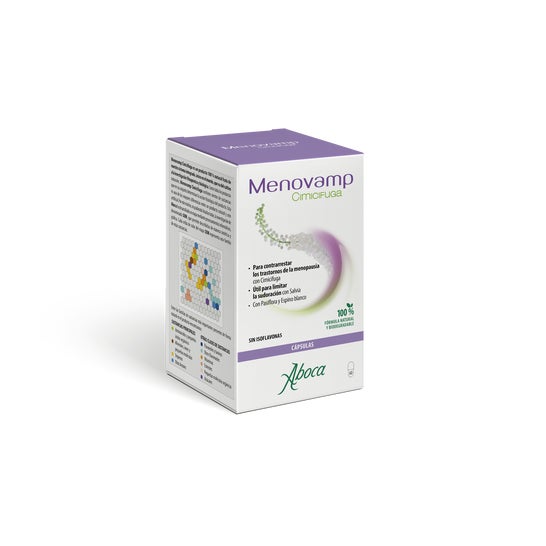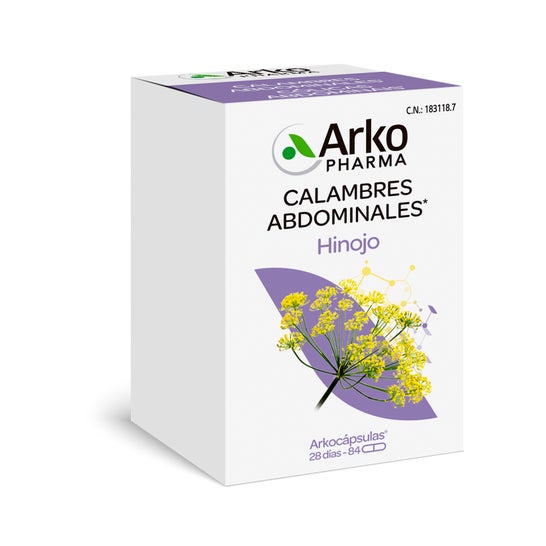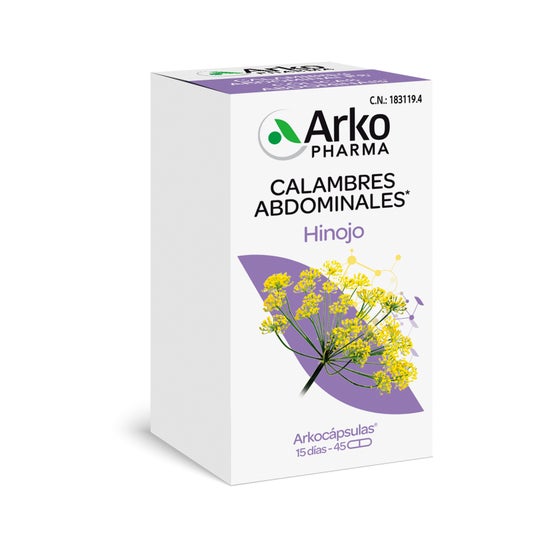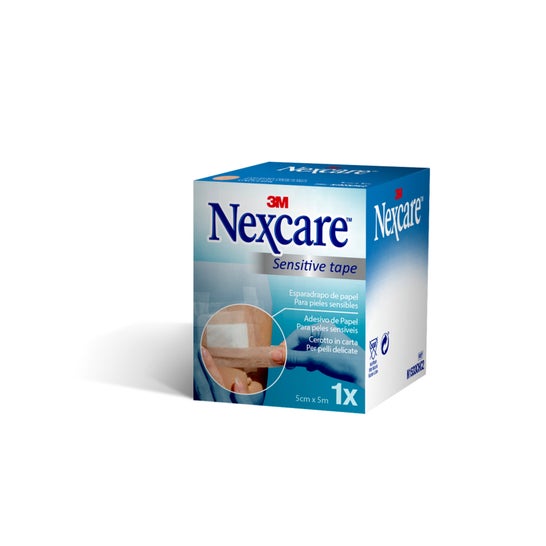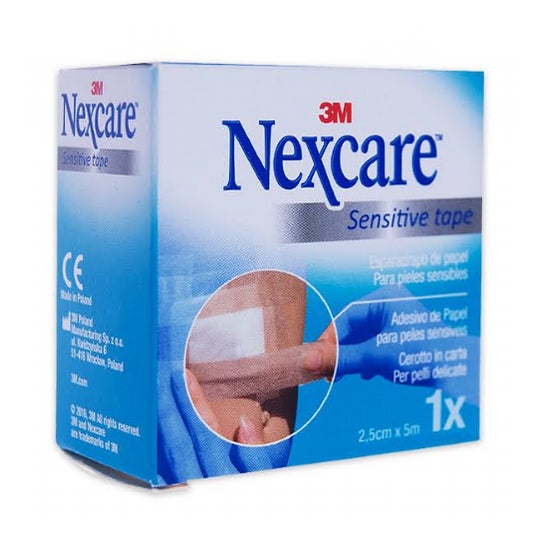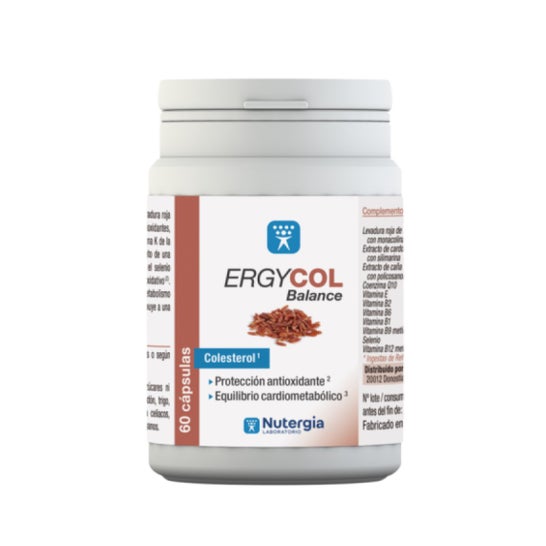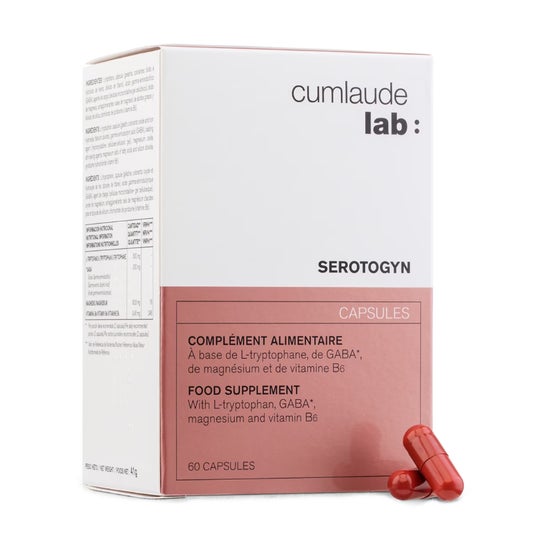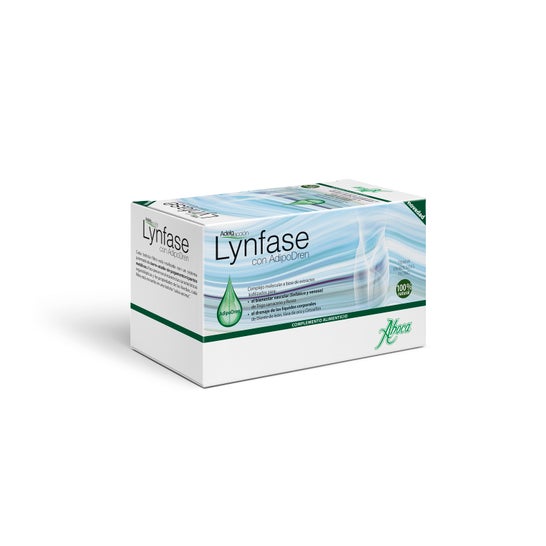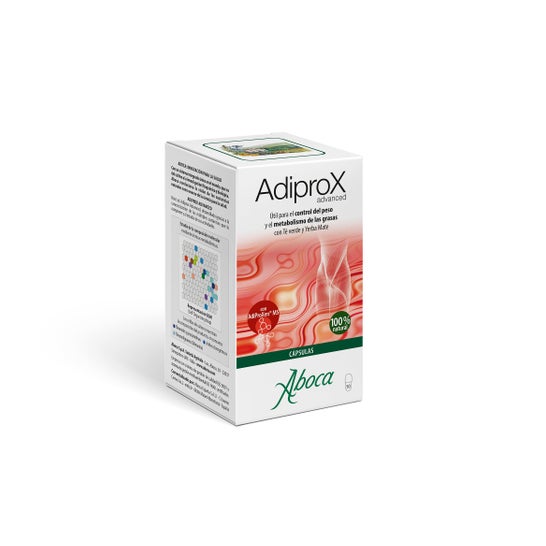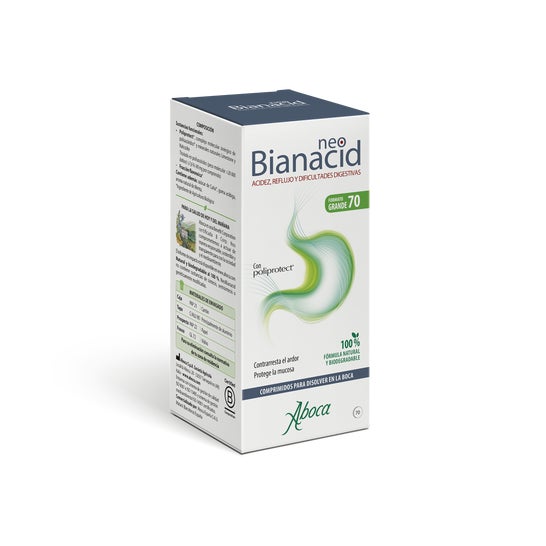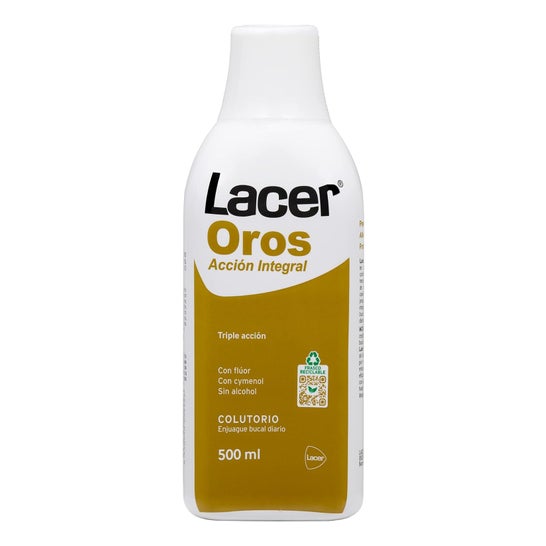Menopause is the gradual disappearance of menstruation, ovulation and reproductive capacity. As a general rule, ovulation stops between the ages of 45 and 55, when oestrogen and progesterone levels drop. In some cases, some variable symptoms associated with hormonal changes may appear, such as hot flashes, insomnia and night sweats, vaginal dryness, irritability and/or mood swings, among others. It is just another stage in life, which does not necessarily cause significant discomfort as long as you follow a healthy lifestyle.
The first thing to bear in mind is the importance of following an adequate diet, high in fruit and vegetables, as well as sources of healthy fatty acids such as oily fish, nuts and olive oil. Physical exercise, with special emphasis on strength training, is another pillar of good health to keep bones and muscles strong.
Dietary supplements are often useful for reducing the impact of the symptoms associated with menopause. Ingredients such as soy and hops phytoestrogens or black cohosh and Angelica Sinensis extracts can help relieve hot flashes and contribute to a normal mood. Evening primrose oil contains fatty acids that are precursors of anti-inflammatory substances, and calcium and vitamin D3 are highly recommended for maintaining bone density. On the other hand, other types of supplements such as plants with relaxing and adaptogenic effects, tryptophan or melatonin help to improve rest. A supplement recommendation should be personalised according to symptoms or medical history. In the case of persistent and inconvenient symptoms, consult with your gynaecologist and follow his or her instructions.



